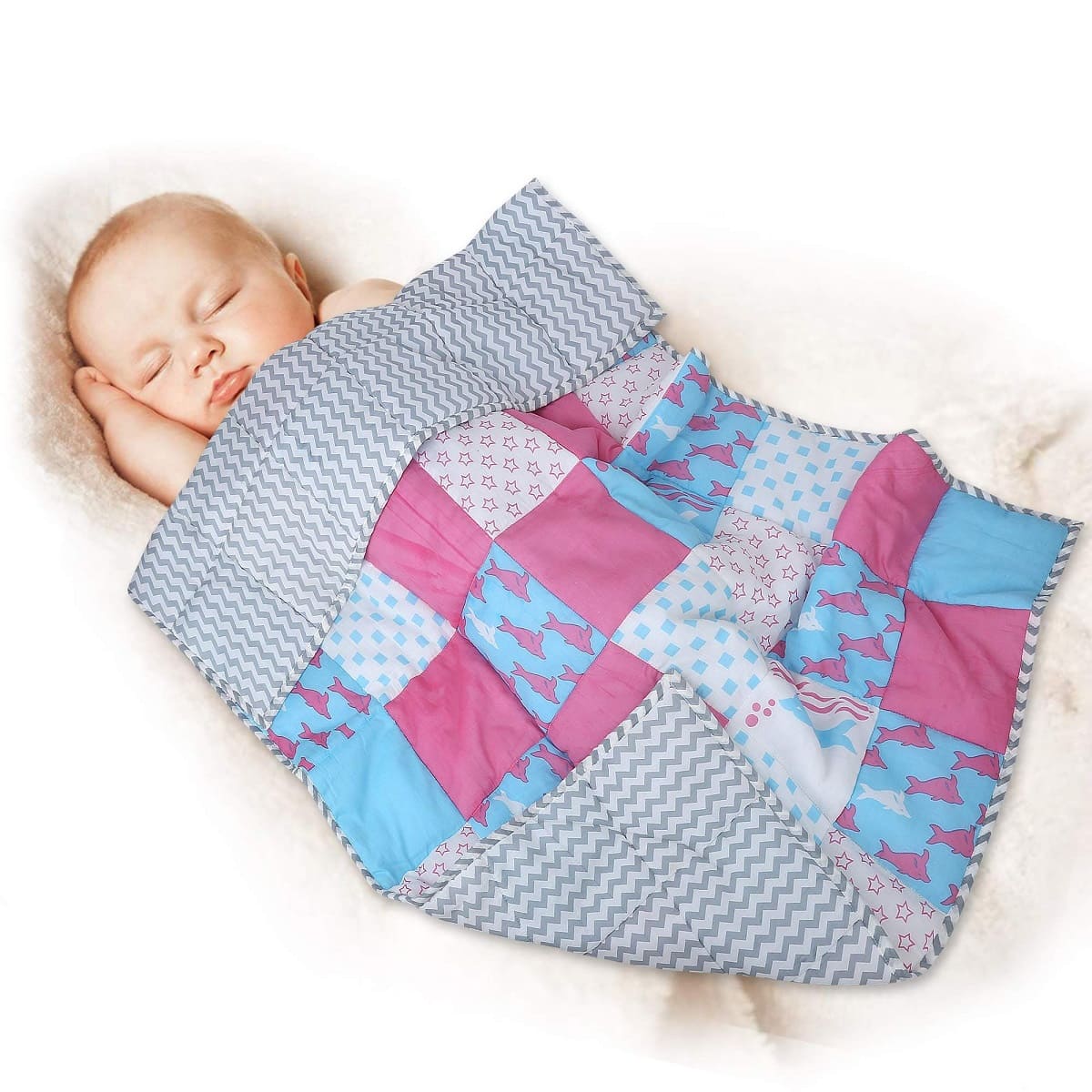

Articles
What Is The Standard Size For A Baby Quilt
Modified: August 28, 2024
Looking for articles about the standard size for a baby quilt? Discover the ideal dimensions and learn how to choose the perfect size for your little one's quilt.
(Many of the links in this article redirect to a specific reviewed product. Your purchase of these products through affiliate links helps to generate commission for Storables.com, at no extra cost. Learn more)
Introduction
When it comes to creating a cozy and comforting haven for a baby, a quilt is an essential addition to the nursery. Not only does it provide warmth and security, but it also serves as a decorative piece that adds a touch of beauty to the baby’s space. However, choosing the right size for a baby quilt can be a daunting task, as there are several factors to consider. In this article, we will explore the standard size for a baby quilt and provide helpful tips for designing the perfect quilt for your little one.
Key Takeaways:
- Choosing the right size for a baby quilt involves considering the baby’s age, intended use, room for growth, quilt design, and personal preferences. Prioritize comfort, safety, and visual appeal to create the perfect quilt.
- Designing a baby quilt is an opportunity to unleash creativity and create a cherished keepsake. Use baby-friendly fabrics, soothing colors, personalized elements, and different patterns to reflect love and care for the baby.
Read more: What Is The Standard Refrigerator Size
Factors to Consider
Before deciding on the size of a baby quilt, it’s important to take into account several factors that can influence your choice. Consider the following:
- Age of the Baby: The age of the baby plays a significant role in determining the size of the quilt. Newborns and infants may require a smaller quilt, while toddlers might need a larger size to accommodate their growing bodies.
- Intended Use: Think about how you plan to use the baby quilt. Will it be primarily used for snuggling and playtime on the floor, or will it be used as a decorative element on the crib or bed? The intended use can help you determine the ideal size.
- Room for Growth: Babies grow quickly, so it’s a good idea to consider leaving some room for growth when choosing the quilt size. Opting for a slightly larger quilt can ensure that it remains useful as the baby grows.
- Quilt Design: The design of the quilt can also influence the size. If you plan to incorporate intricate patterns or appliques, you might need a larger quilt to accommodate the design elements.
- Personal Preference: Ultimately, personal preference plays a role in determining the size of the baby quilt. Some people prefer smaller, more portable quilts, while others prefer larger ones for a cozier feel.
By considering these factors, you can make a more informed decision when selecting the size of your baby quilt. It’s essential to find a balance between practicality and aesthetics to ensure that the quilt serves its purpose while adding a beautiful touch to the nursery.
Common Baby Quilt Sizes
While there is no hard and fast rule for the size of a baby quilt, there are a few standard dimensions that are commonly used. Here are the most common baby quilt sizes:
- Crib Size: The crib size quilt is the most popular choice for baby quilts. It typically measures around 36 x 52 inches (91 x 132 cm). This size fits nicely on a standard crib mattress and provides ample coverage for a baby.
- Receiving Blanket Size: Receiving blankets are smaller and more lightweight. They are often used for swaddling newborns. A receiving blanket quilt typically measures about 30 x 40 inches (76 x 102 cm), making it a perfect size for newborns and infants.
- Lap Size: A lap-sized baby quilt is slightly larger than a receiving blanket and can provide more coverage. It usually measures around 40 x 50 inches (102 x 127 cm). This size is ideal for snuggling with a baby on the couch or floor.
- Toddler Size: As the baby grows into a toddler, a larger quilt may be needed. A toddler-sized quilt typically measures around 44 x 60 inches (112 x 152 cm). This size provides more room for movement and is suitable for use on a toddler bed or as a playmat.
These common sizes provide a good starting point when deciding on the dimensions of your baby quilt. However, feel free to adjust the size to fit your preferences and the specific needs of the child.
The standard size for a baby quilt is typically around 36 inches by 52 inches. This size allows for the quilt to fit comfortably in a crib and provide enough coverage for a baby.
Deciding on the Right Size
Now that you are aware of the factors to consider and the common baby quilt sizes, it’s time to decide on the right size for your baby quilt. Here are some tips to help you make an informed decision:
- Consider the Age and Size of the Baby: If you are making a quilt for a newborn or infant, a crib-sized quilt or a receiving blanket size may be suitable. For older babies and toddlers, consider a larger size to accommodate their growing bodies.
- Think About the Intended Use: If you plan to use the quilt primarily as a decorative piece on the crib or bed, a crib-sized quilt or toddler-sized quilt may be a good choice. If you want a quilt for playtime on the floor or snuggling on the couch, a lap-sized quilt or larger may be more suitable.
- Account for Room to Grow: Babies grow quickly, so it’s wise to choose a size that allows for some growth. Selecting a slightly larger quilt can ensure that it remains useful as the baby grows.
- Consider the Quilt Design: If your quilt design incorporates intricate patterns or appliques, you may need a larger size to accommodate these design elements without sacrificing the overall visual appeal.
- Take Personal Preference into Account: Ultimately, your personal preference matters. Choose a size that you find visually appealing and suits your practical needs as well.
Remember, there is no right or wrong size for a baby quilt. It all depends on your individual preferences and the unique needs of the baby. By considering these factors, you can decide on the perfect size that will provide comfort, functionality, and beauty to your baby’s nursery.
Tips for Designing a Baby Quilt
Designing a baby quilt is an exciting and creative process. Here are some helpful tips to keep in mind as you embark on this journey:
- Choose Baby-Friendly Fabrics: Opt for soft, durable, and non-toxic fabric that is safe for babies. Consider using organic cotton or flannel fabric, as they are gentle on the baby’s skin.
- Consider Color and Theme: Select colors and patterns that are soothing and visually appealing for a baby. Pastels, gentle shades, and cute prints are popular choices. You can also coordinate the colors with the nursery theme or decor.
- Get Creative with Appliques and Embroidery: Personalize the baby quilt by adding appliques or embroidery. You can incorporate shapes, animals, or the baby’s name to make it extra special.
- Use a Variety of Fabrics: Mix and match different fabrics to add texture and interest to the quilt. Consider using solid colors, prints, and textured fabrics to create a visually stimulating design.
- Experiment with Quilt Block Patterns: Explore different quilt block patterns like squares, triangles, or hexagons, and arrange them in a unique layout to create a visually appealing quilt.
- Consider Quilt Binding: The binding is the fabric that finishes the edges of the quilt. Choose a fabric that complements the design and provides a polished look. You can opt for a contrasting color or match it with the quilt top.
- Add Quilting Stitches: Quilting stitches not only hold the layers of the quilt together but also add texture and dimension. Experiment with different quilting designs, such as straight lines, curves, or free-motion quilting, to enhance the overall look of the quilt.
- Don’t Forget About Safety: Ensure that all materials used in the quilt, including batting and threads, are safe for babies. Avoid using small embellishments or buttons that can pose a choking hazard.
- Give it a Personal Touch: Consider adding a personalized label to the quilt with the baby’s name, birthdate, or a special message. This adds a sentimental touch and makes the quilt a cherished keepsake.
Designing a baby quilt gives you the opportunity to unleash your creativity and create a unique piece that will be treasured for years to come. Whether you prefer a simple and elegant design or a playful and colorful theme, let your imagination soar and create a quilt that reflects your love and care for the baby.
Read more: What Size Is A Standard Dishwasher
Conclusion
Choosing the right size for a baby quilt is an important decision that involves considering various factors such as the age of the baby, intended use, room for growth, quilt design, and personal preferences. While there are common baby quilt sizes, there is no one-size-fits-all approach. It ultimately depends on your unique requirements and the needs of the baby.
By taking into account the factors discussed, you can make a well-informed decision and select the perfect size for your baby quilt. Whether you opt for a crib-sized quilt, a receiving blanket size, a lap-sized quilt, or a toddler-sized quilt, remember to prioritize the comfort, safety, and visual appeal of the quilt.
When designing your baby quilt, consider using baby-friendly fabrics, choosing soothing colors and themes, incorporating personalized elements, and experimenting with different patterns, fabrics, and quilting stitches. Make it a labor of love and a creative expression of your affection for the baby.
As you embark on the journey of designing and creating a baby quilt, remember that the process should be enjoyable and fulfilling. Take your time, embrace your creativity, and create a quilt that not only provides warmth and comfort but also serves as a beautiful keepsake for the baby and the entire family.
Whether you decide to follow the standard sizes or customize the dimensions to suit your specific needs, remember that the true essence lies in the love and care you put into every stitch. Your baby quilt will not only keep your little one cozy but also hold cherished memories for a lifetime.
Frequently Asked Questions about What Is The Standard Size For A Baby Quilt
Was this page helpful?
At Storables.com, we guarantee accurate and reliable information. Our content, validated by Expert Board Contributors, is crafted following stringent Editorial Policies. We're committed to providing you with well-researched, expert-backed insights for all your informational needs.
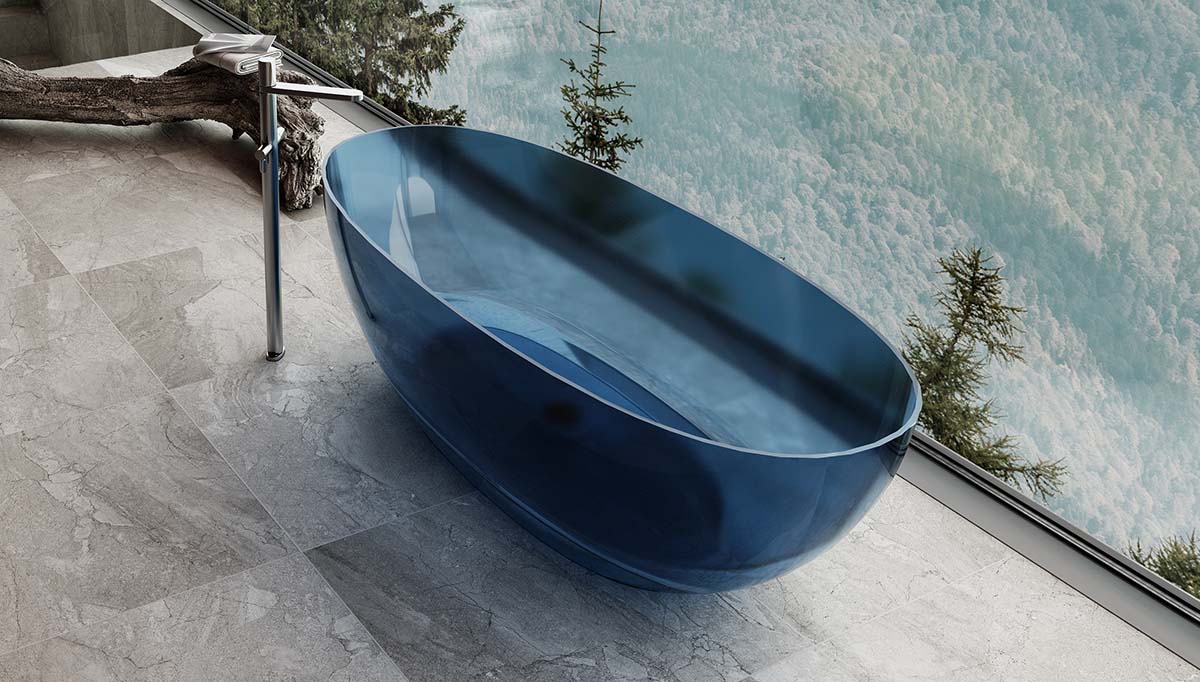
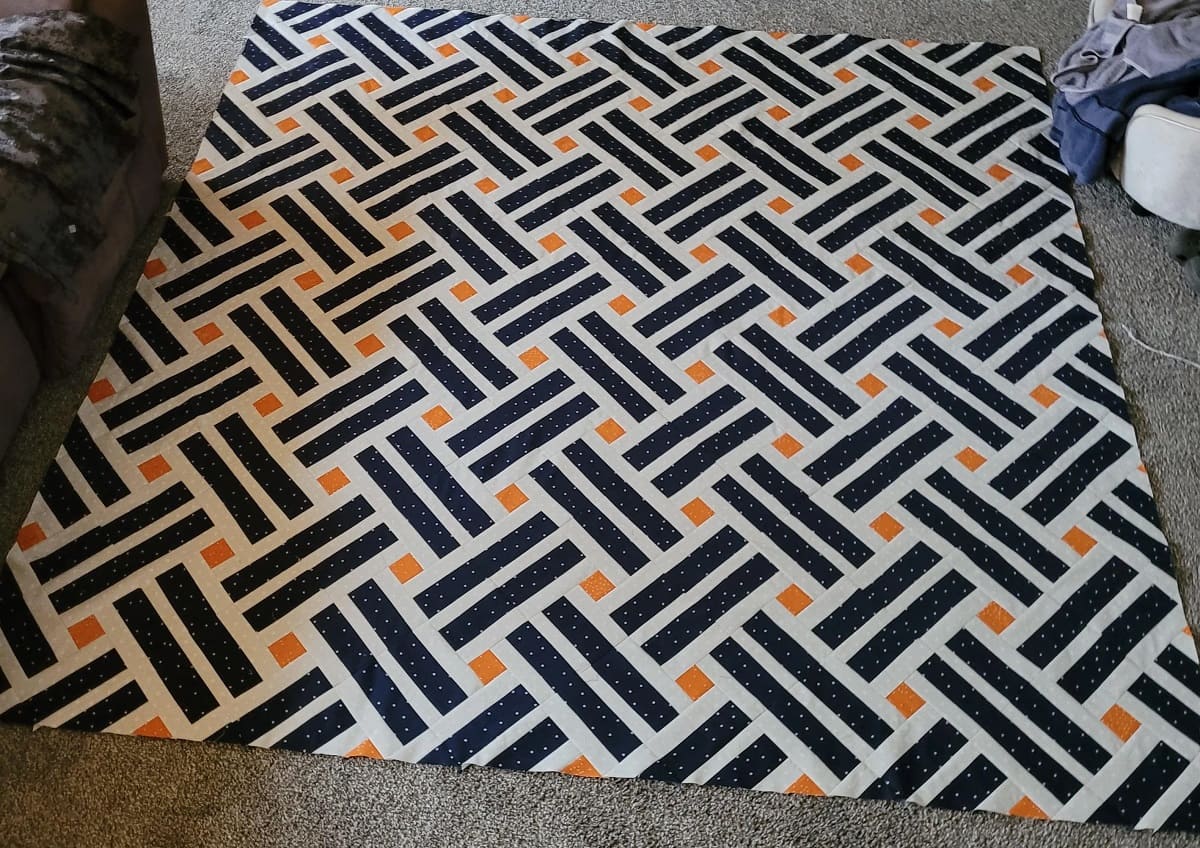
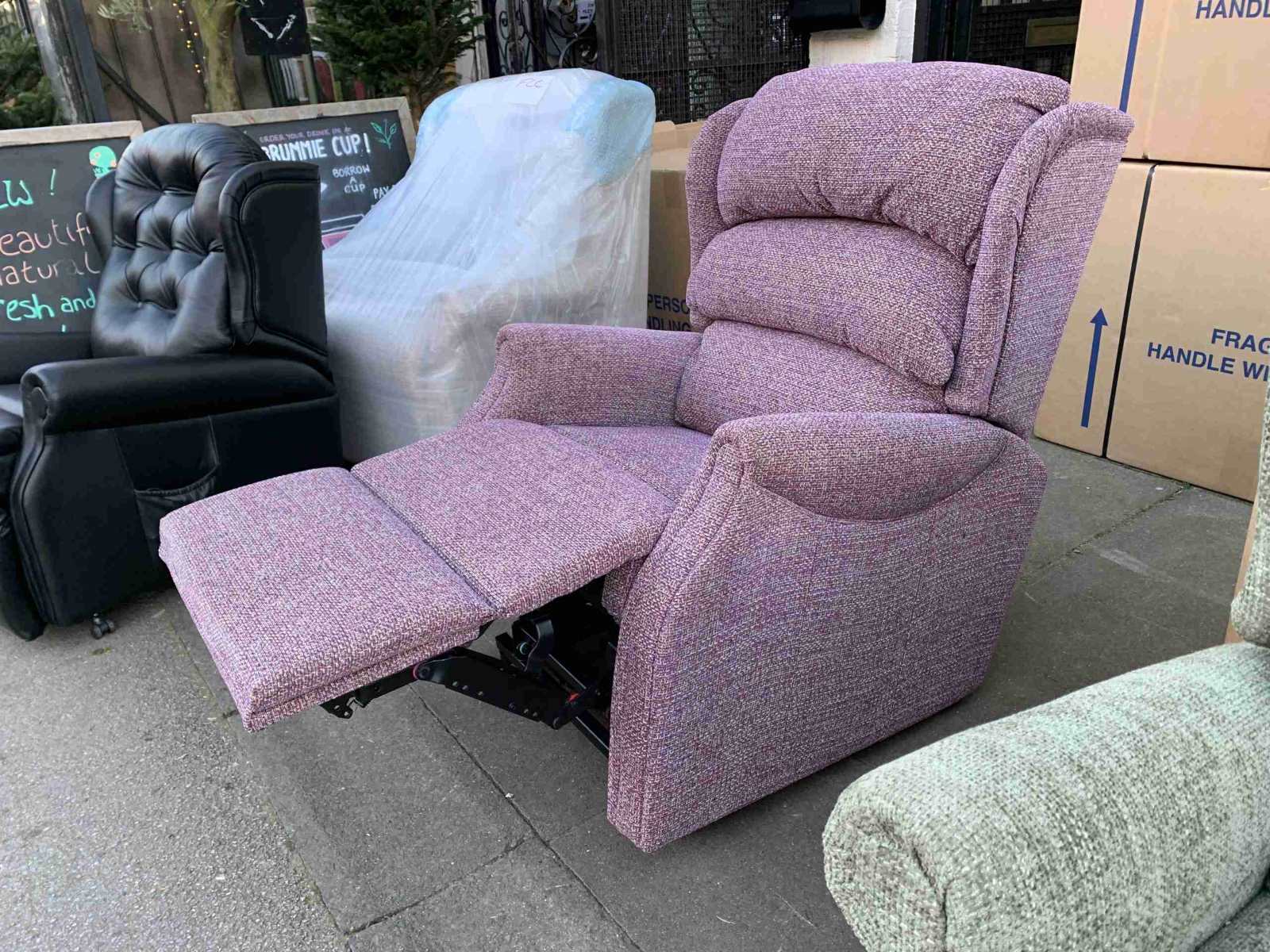
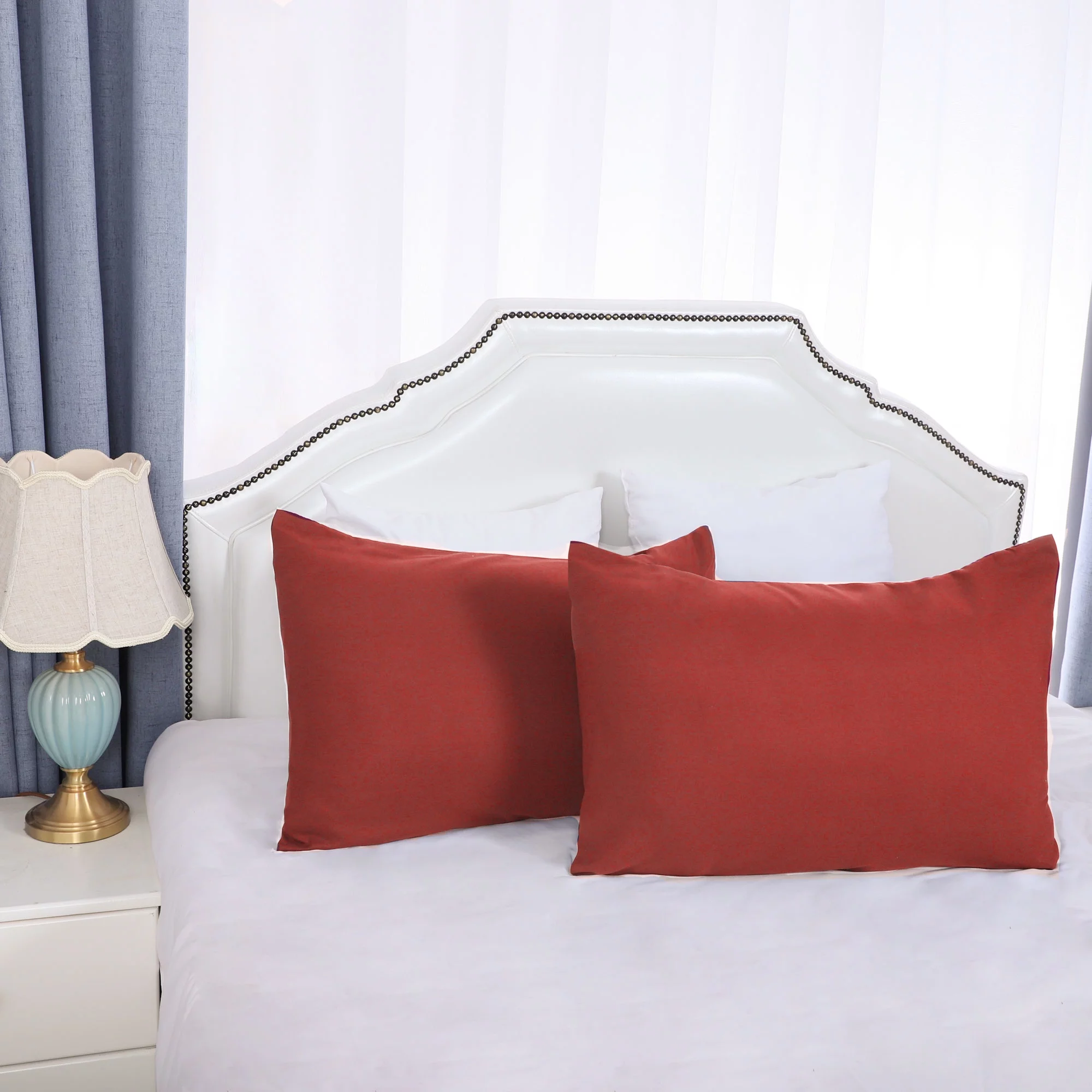

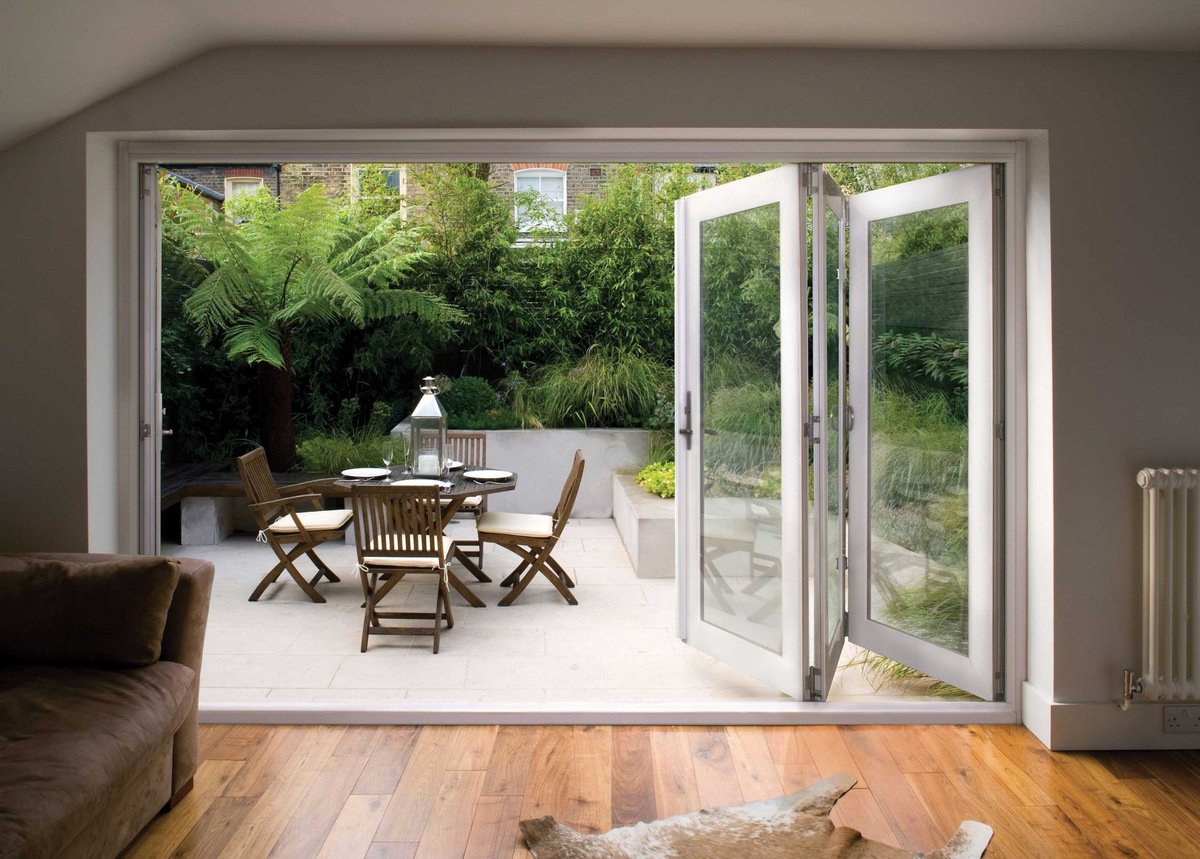
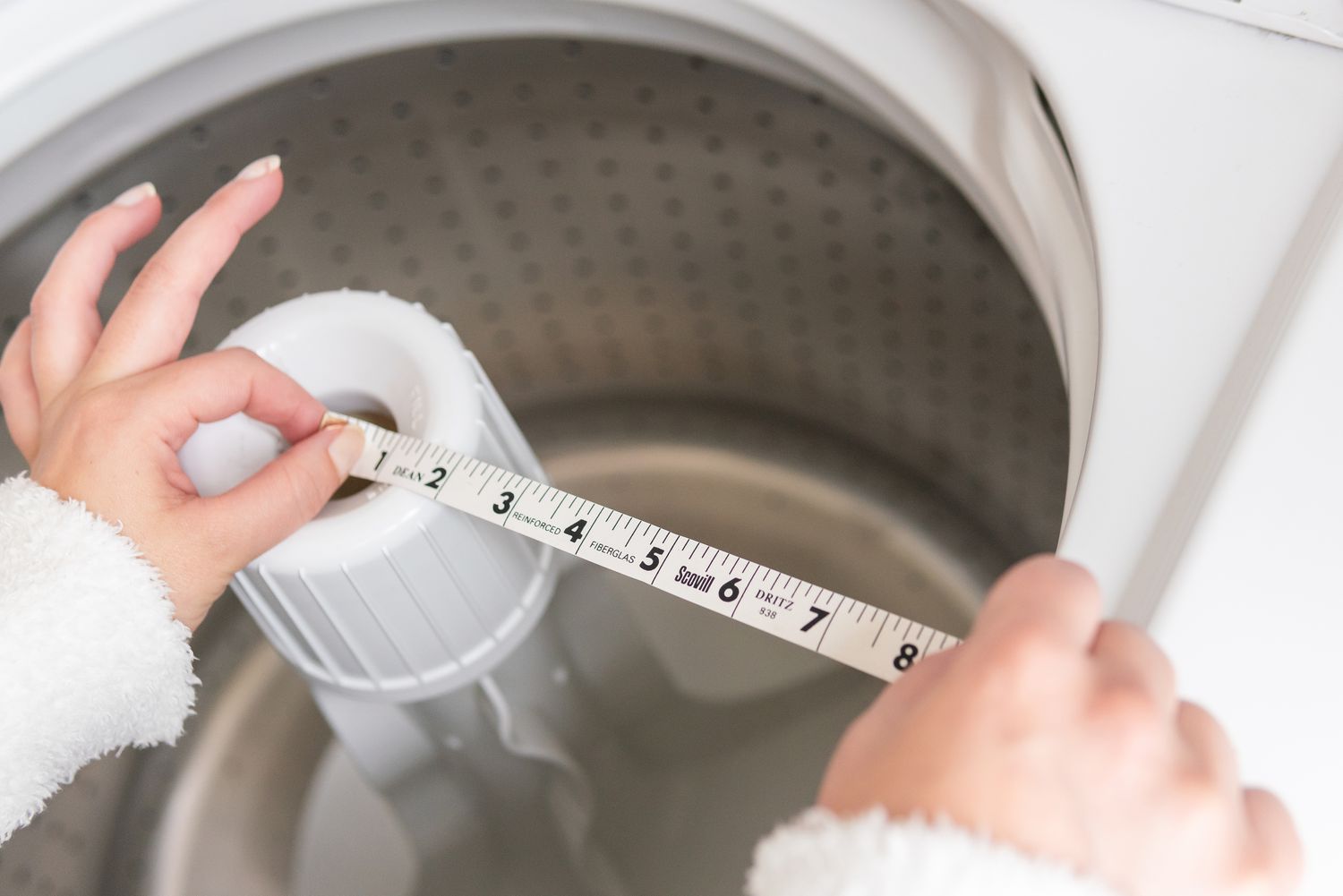
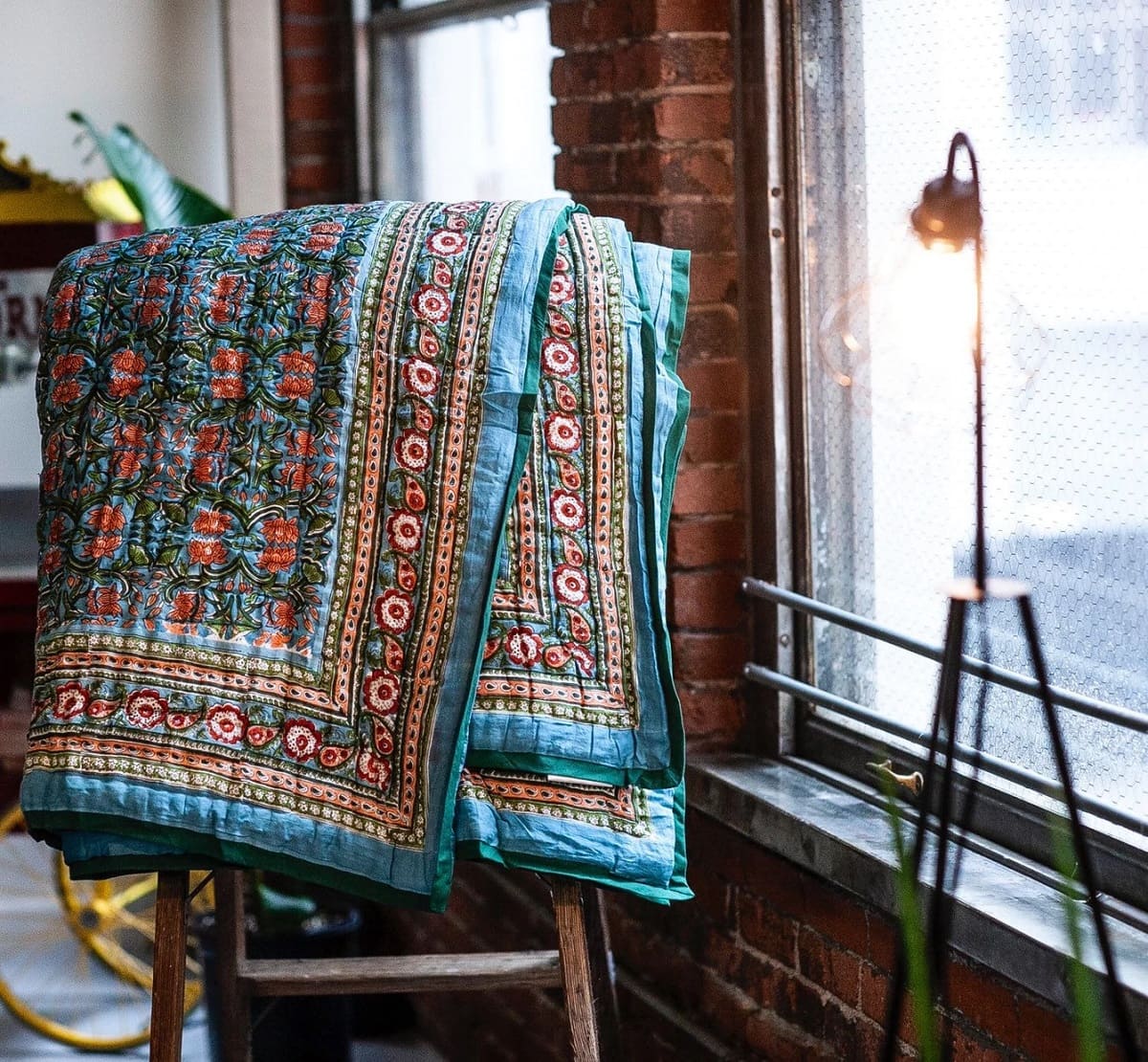

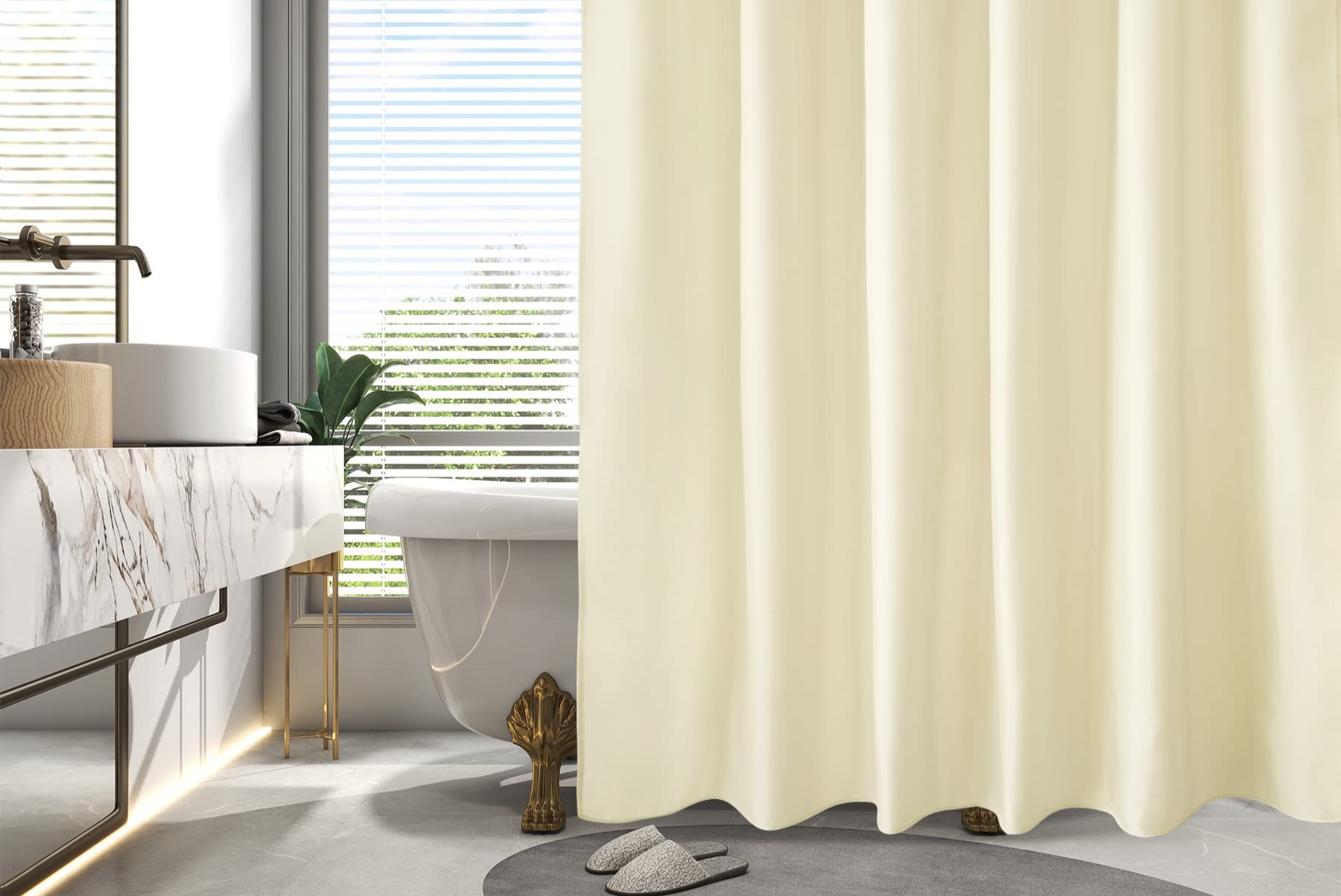
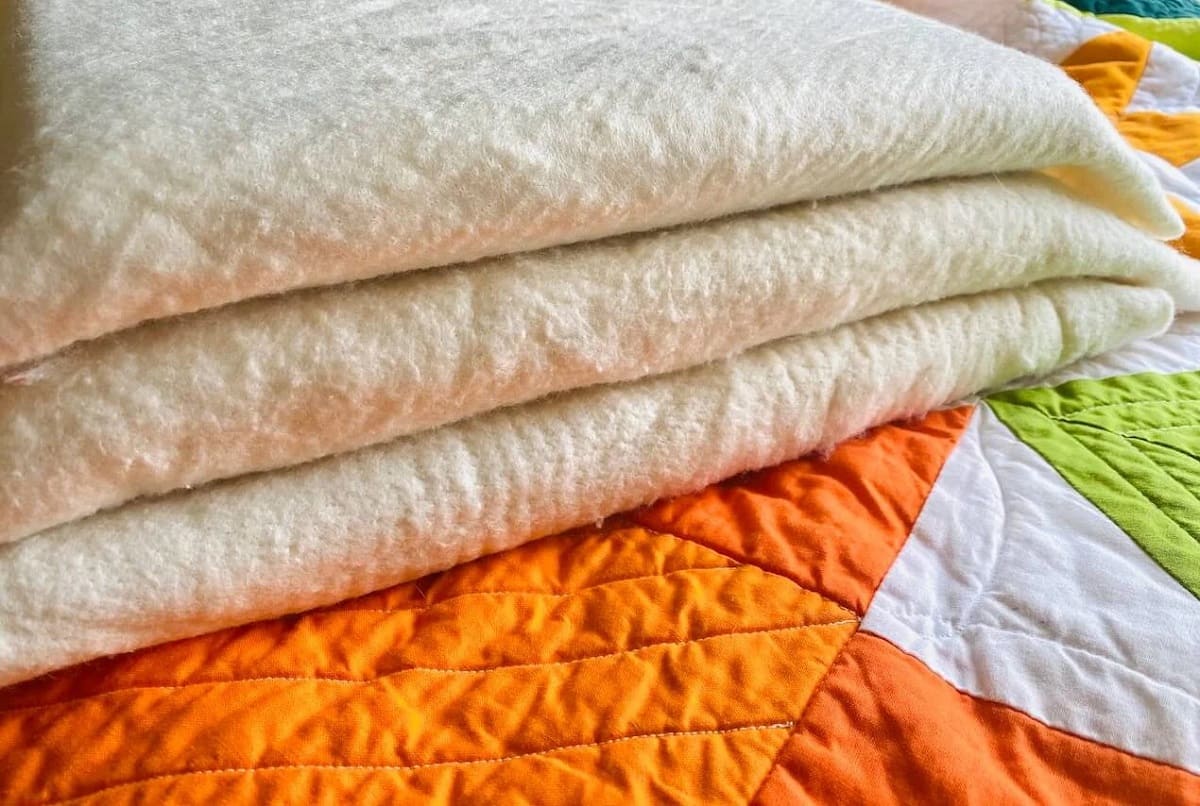
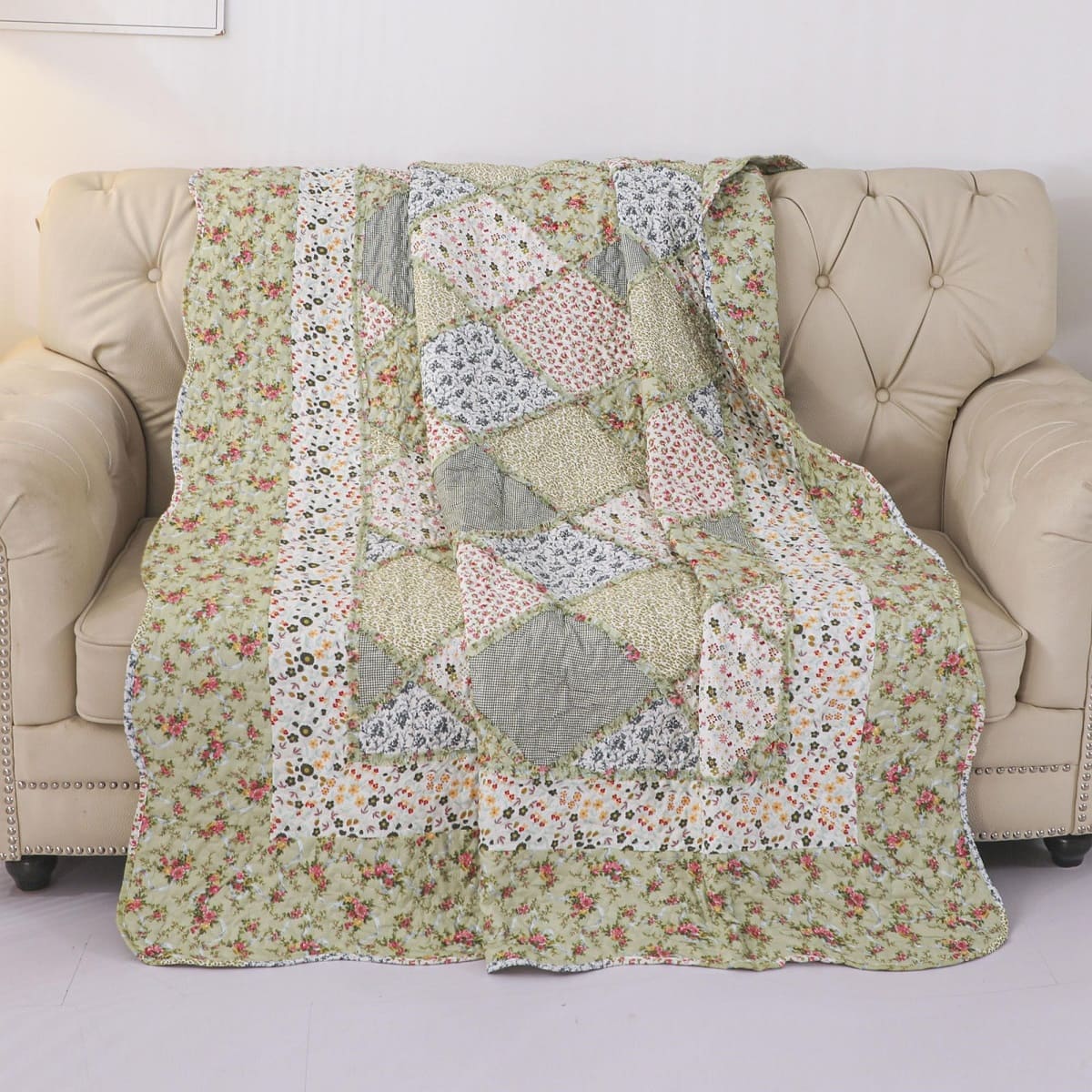
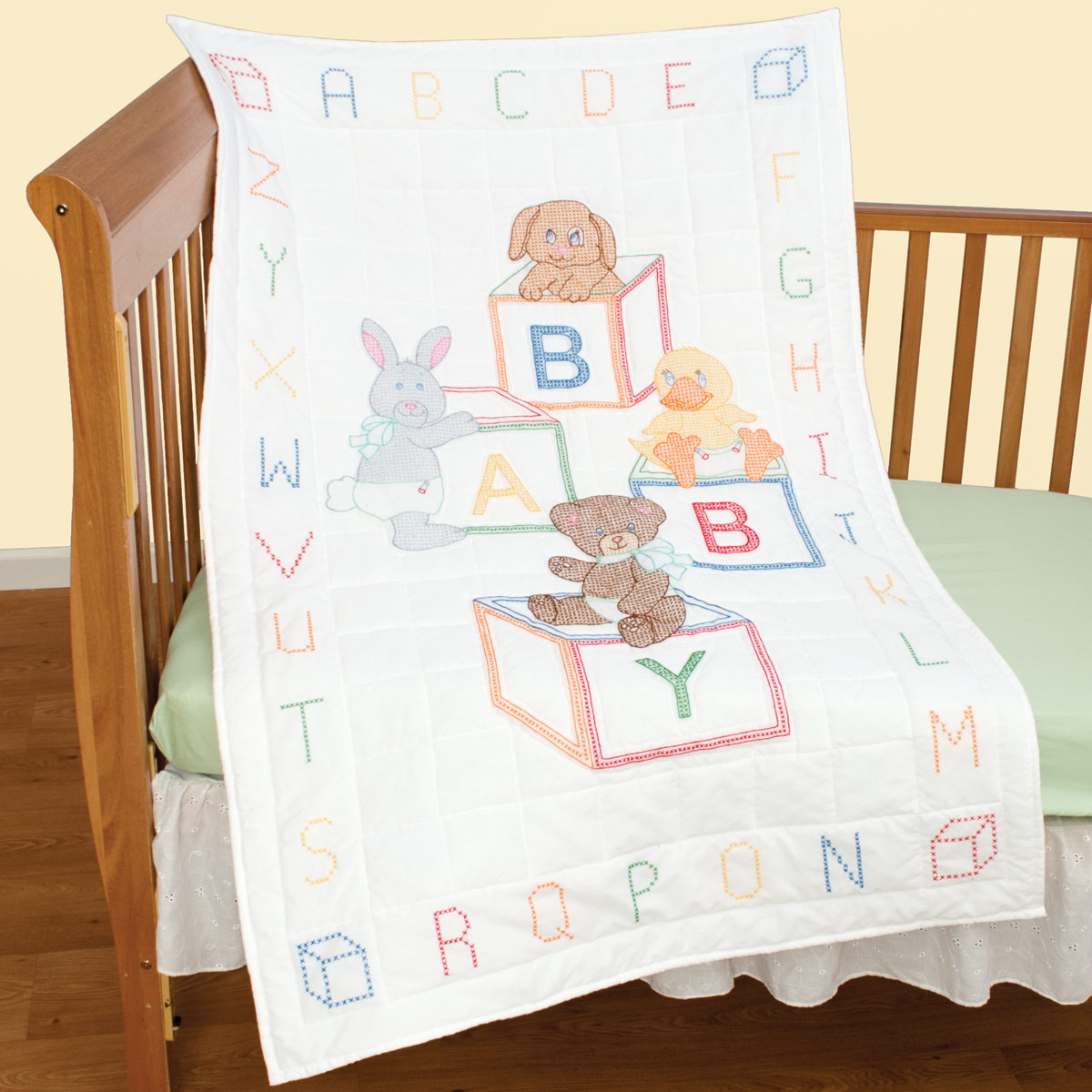
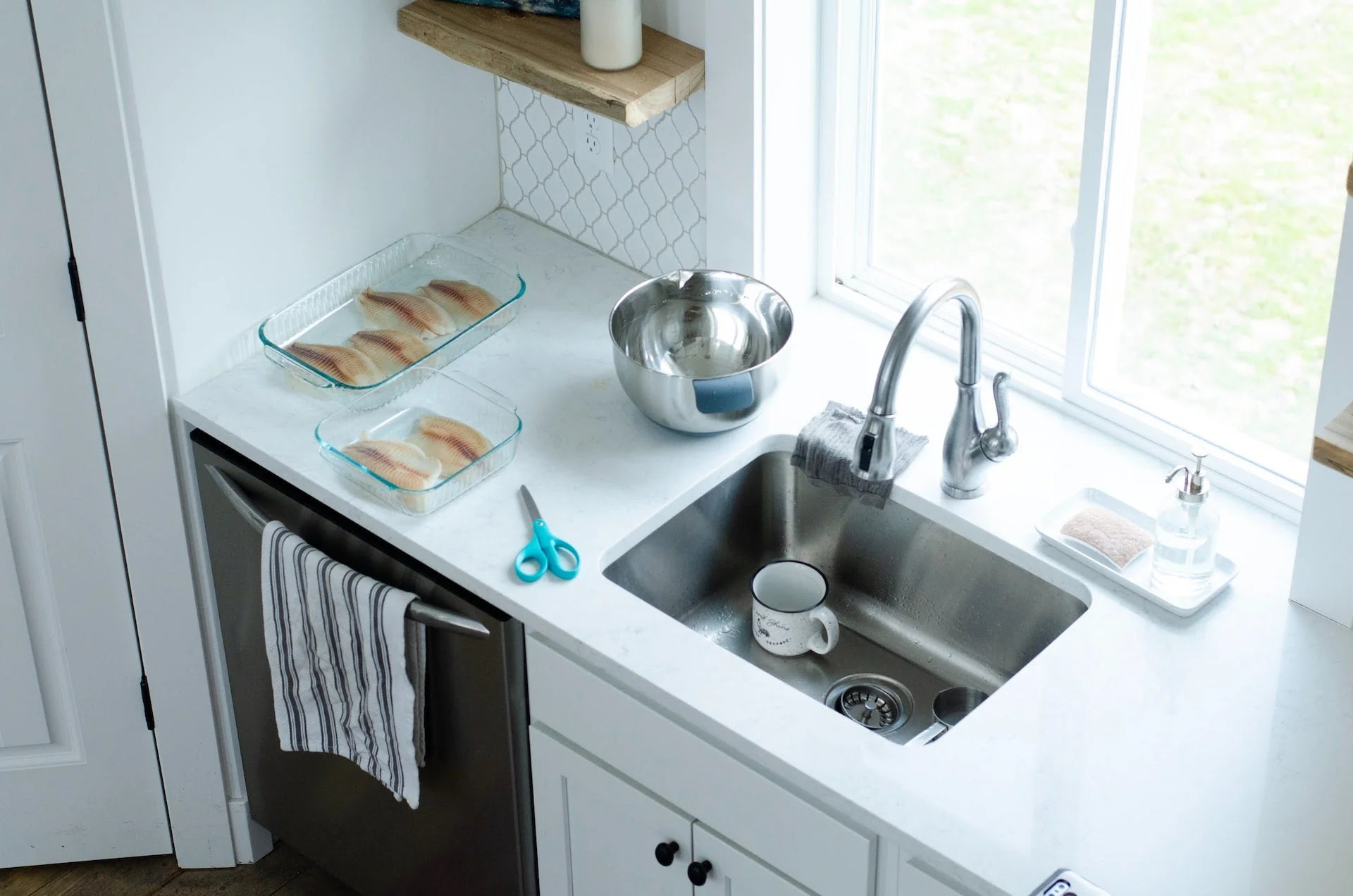

0 thoughts on “What Is The Standard Size For A Baby Quilt”